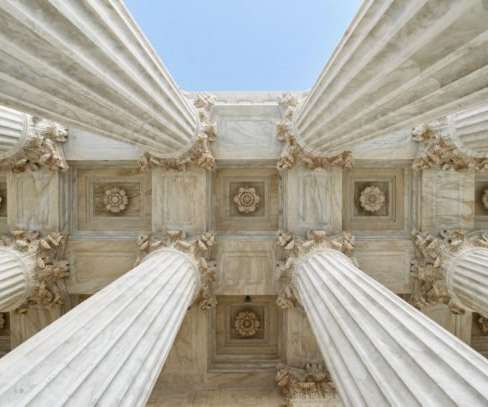Federal Contracting; Contractor Disclosure to Funding Agencies and Agency March-in Rights
LexBlog IP
OCTOBER 3, 2022
The act also establishes the rights for businesses and nonprofits to patent and commercialize inventions developed within the scope of the funding agreement. In exchange for the funding agreement, contractors must disclose any invention conceived or reduced to practice under the funding agreement to the funding agency.











Let's personalize your content